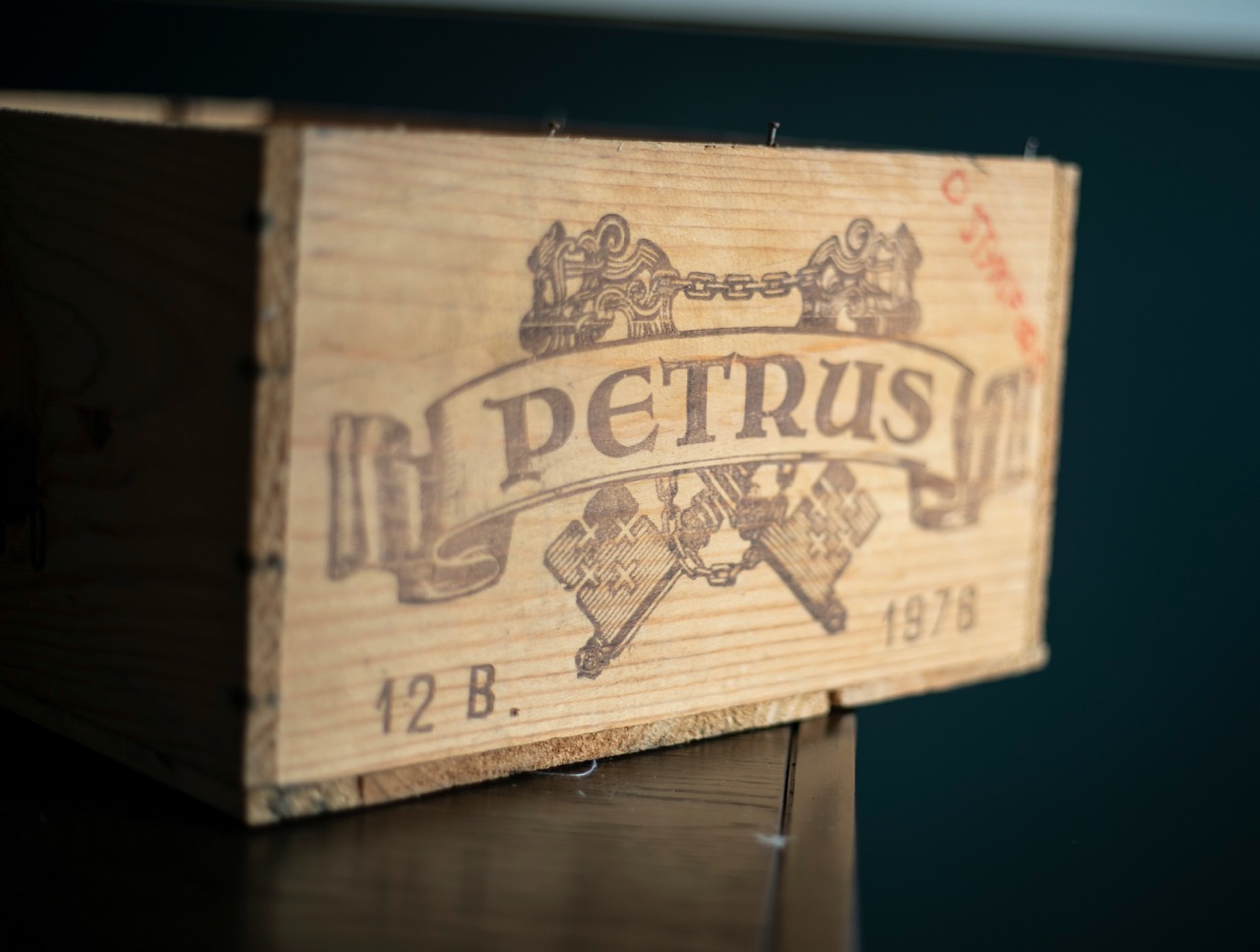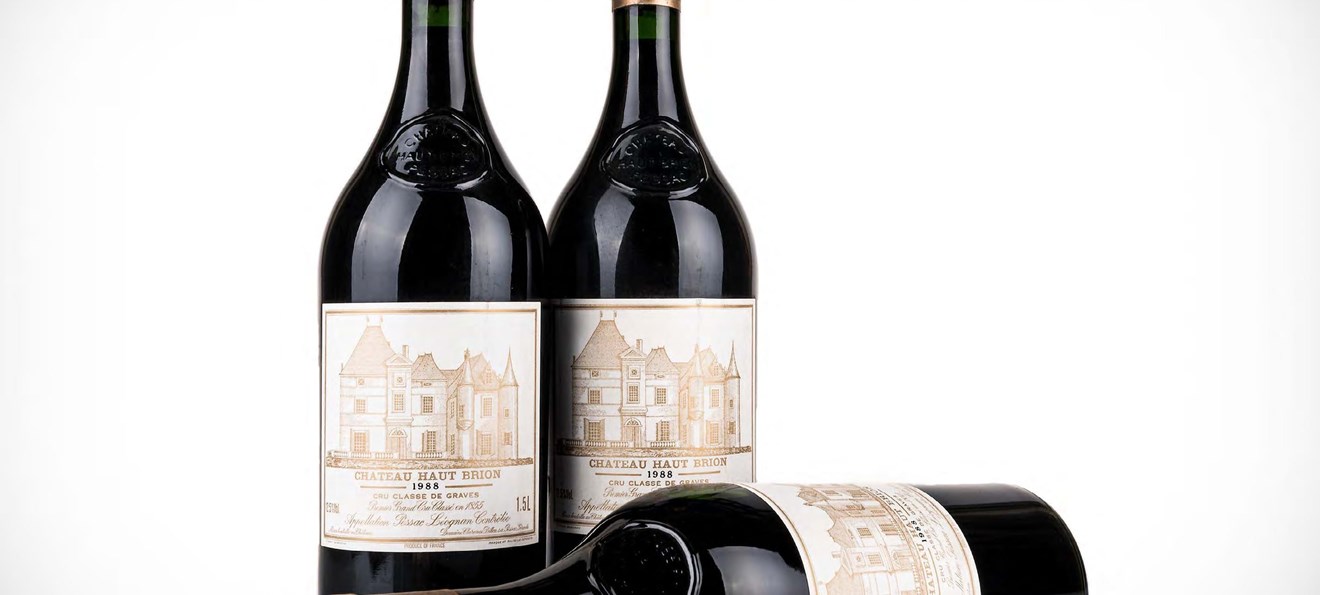According to economists working for business consultancy EY, the UK’s impending recession could be twice as bad as we thought but will not necessarily last as long.
With higher taxes, rising inflation and less Government support, experts believe we’re headed for a worsening situation over the next three years than previously forecast.
In October 2022, EY’s Item Club predicted a 0.3% contraction in gross domestic product (GPD) in 2023, followed by 2.4% growth in 2024 and 2.3% growth in 2025. But in the most recent revision released in January, they predict a 0.7% contraction this year, followed by 1.9% growth next year and 2.2% growth the following year.
“The UK’s economic outlook has become gloomier than forecast in the autumn, and the UK may already be in what has been one of the mostly widely anticipated recessions in living memory,” said EY’s UK chair Hywel Ball.
But while the UK is forecast for a deeper recession, it will not necessarily last as long and is on course to grow again from the middle of this year.
What does this mean for fine wine investment?
The alternative investment space has exploded in the last decade, from real estate to antiques and classic cars to jewellery, but one asset class has taken the lead as the top performer – fine wine.
Investment grade wide is producing outstanding returns, outperforming equities, and according to the Liv-ex 1000, has risen 13.1% in the last year with a 45.3% rise over five years to the end of December 2022.
But fine wine’s ability to hold its value doesn’t just apply to the current economic crisis. It can also be seen from historical data at the start of 2008’s recession. Liv-ex 1000 dropped 10% from its peak in August 2008 but started to recover by the beginning of 2009, making up for what it had lost by the end of 2009.
By contrast, the Financial Times Stock Exchange Index (FTSE) dropped by a staggering 47.82% and took more than five years to return to pre-2008 levels. More recently, COVID-19 saw stock markets spiral down, and S&P Global Luxury Index fell by 23%. Liv-ex 1000, however, slipped only by 4% and had made a full recovery by May 2020.
With the fine wine market proving to withstand economic volatility and uncertainty, no wonder it’s become such a highly desirable asset. Investors acknowledge that fine wine can offer excellent returns, capital preservation, portfolio diversification and tax-free gains. The sheer nature of fine wine shows that the longer you hold on to it, the more valuable it gets. So no matter what’s happening in the global economy, good wine will always be in demand, which means long-term returns will always be backed by continuous consumption









